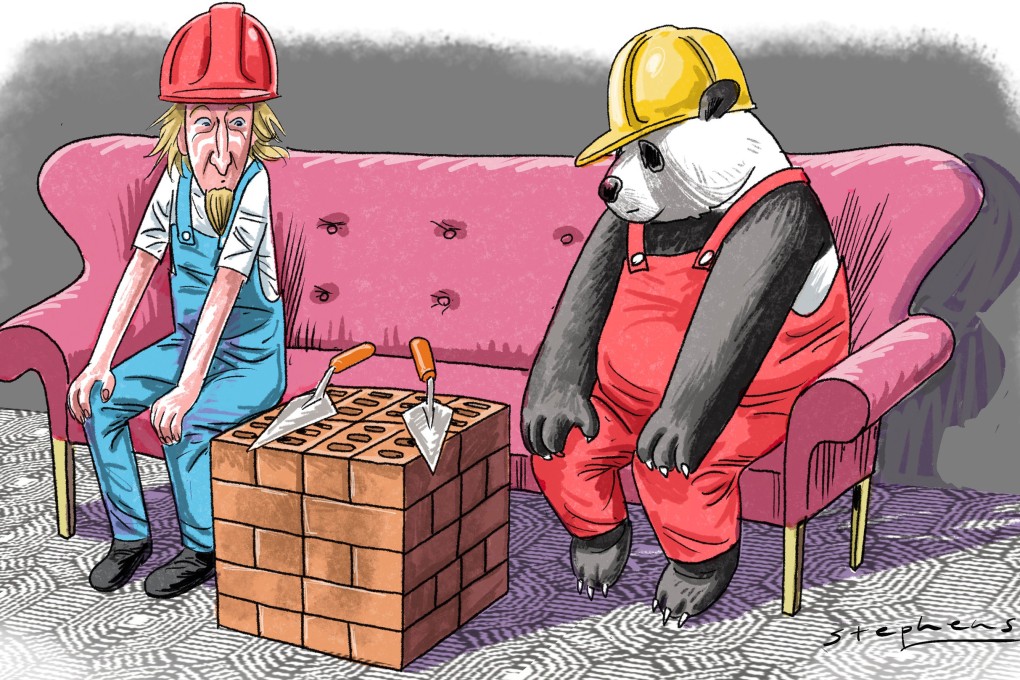Advertisement
Opinion | Rocky US-China relationship could benefit from couples therapy strategies
- Antony Blinken’s successful visit to Beijing has opened a window of opportunity to establish a more constructive and harmonious US-China relationship
- Four principles from relationship therapy could be adapted to geopolitics and help the two sides forge stronger, more stable ties
Reading Time:4 minutes
Why you can trust SCMP
0

Conflict is inevitable in any long-term relationship. What really matters is whether partners can manage, resolve and move on from their disagreements and build a healthier bond over time. This insight applies to international diplomacy as much as to romantic relationships.
It is fair to say the aftermath of the balloon incident in February was not a shining example of conflict resolution. Rather than communicate calmly and effectively, China and the United States got caught in a cycle of blame and recrimination, sending the relationship to its lowest ebb in decades.
Thankfully, US Secretary of State Antony Blinken’s successful visit to Beijing has opened a window of opportunity to establish a more constructive and harmonious US-China relationship. Both sides have a responsibility to seize this chance – as two of the world’s foremost powers, their dynamic not only influences their own nations but the entire global landscape.
Blinken’s visit, the first to China by a US secretary of state in five years, saw constructive meetings with Foreign Minister Qin Gang, top diplomat Wang Yi and President Xi Jinping, the last of which was by no means guaranteed. These positive interactions send a strong signal that, having veered dangerously close to the edge, both sides recognise they cannot risk a complete break and are committed to putting the relationship on a more steady footing.
It is now crucial for China and the US to work together to build a solid foundation for their relationship so future incidents cannot derail ties in the manner we have seen in the last few months. To achieve this, there are four principles from relationship therapy that can be adapted to help guide the development of stronger, more stable US-China relations.
First, open and regular communication is the cornerstone of any strong partnership. China and the US must get back to having frequent and transparent dialogue about their intentions, concerns and expectations.
Advertisement
Select Voice
Choose your listening speed
Get through articles 2-3x faster
1.1x
220 WPM
Slow
Normal
Fast
1.1x
